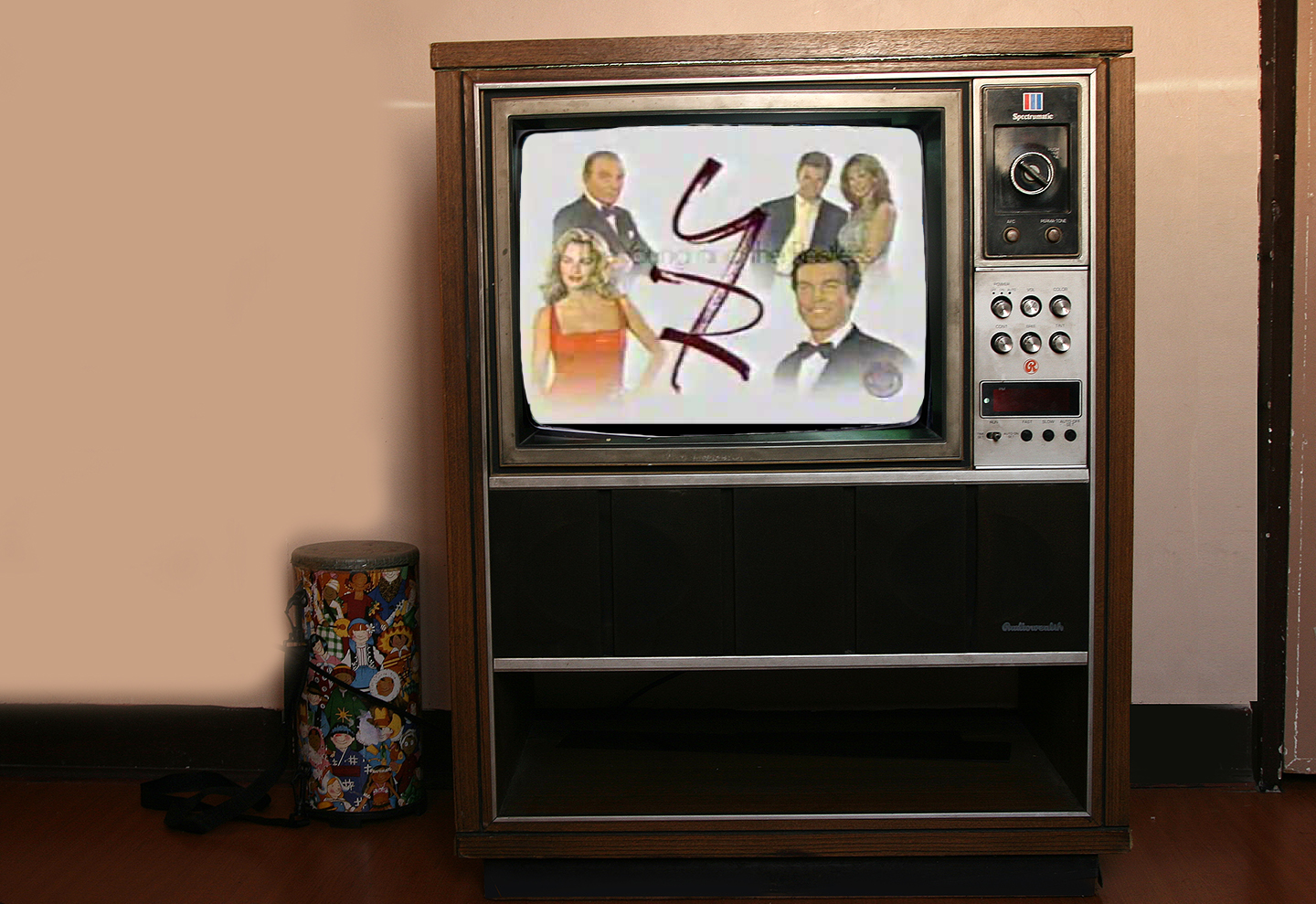Jean-Luc Bouchard
The man working the concession stand was very ugly, and when he saw me standing by myself he gave a smile of solidarity. By attending the movies alone in the middle of the day, I believed I had already laid bare the quality of my life, but he still felt it necessary to ask how I was. I said I was well, then immediately contradicted myself by ordering a large popcorn with butter.
The theater was empty and I reveled in the chance to be alone in the dark, but just as the previews began a burst of light cut across the room. I turned toward the door and saw a short, old woman in a paisley dress walking down the aisle. I closed my eyes and silently prayed that she would sit as far away as possible. A long time passed until I heard no more shuffling, and when I opened my eyes I found that she’d chosen the seat directly in front of mine. I considered moving, but didn’t want to cause offense. She was short enough that I could still see the full screen over her head.
The previews were terrible, and the old woman laughed at every joke and gasped at every conflict. The feature presentation was worse, but it was mercifully quiet, and I enjoyed listening to the drama of hushed voices in the luxury of free AC. Then, fifteen minutes in, the movie became much, much more sexual than I anticipated. A character that was beautiful and intimidating grabbed the shoulder of a character wearing a perfect blue suit, and the sanitized safety of their office fell away to reveal a maroon bedroom.
“Hm,” said the old woman.
I became very aware of my hands, placing the popcorn on the floor and making sure my knuckles were visible over the edge of the arm rests. I twisted my face into the most neutral expression I could imagine, hoping the sex scene would end before the woman made any more noises or glanced in my direction. I felt tremendously guilty, as though I should have known this movie would contain sex and realized how that would reflect on me.
The scene finally ended and the couple now rode silently in a car. I relaxed and picked up my popcorn. A moment later, the old woman stood up, turned around, and stepped onto the seat of her chair so that she was eye-to-eye with me.
“You shouldn’t be here alone,” she said. Her hair was a white bird’s nest that hung heavy over her brow.
“I’m sorry,” I said. Then, finding bravery in the dark, I added, “I could say the same thing about you, though.”
“My friends are dead,” the woman said. “What’s your excuse?”
“Maybe my friends haven’t been born yet.”
“That’s a terrible excuse.” She shook her head and moved her jaw as if she was chewing. “You’re old enough to have friends, but you aren’t old enough for them to be dead, yet.”
“A difficult position,” I said, smiling. I scratched my cheek and hoped she would sit back down. Instead, she put her hands on the back of the seat and rolled her body over the top, toppling down into the space between my legs. With effort, she rose into a kneel, and then into a squat.
I pointed to the screen. “I’m going to watch the movie,” I said, avoiding eye contact. I pushed as far back into my seat as I could go, holding the popcorn against my chest.
“You think this movie is garbage,” she said, breathing heavy with fatigue.
“You can learn a lot from garbage,” I said. “Maybe even more than you can learn from something good.”
The old woman slapped the popcorn out of my hands. It landed halfway down the aisle, making a terrible mess. She smiled and grabbed my shirt cuffs. Undoing a beige sash from the waist of her dress, she tied my hands together, standing on top of my sneakers for better leverage. I watched the screen over the top of her hair and absorbed nothing, aware that I was shaking terribly.
“Where do we go from here?” she asked, her voice calm.
“They’re standing in the rain, now,” I said, nodding toward the screen.
“At some point you’ll have to tell me,” she said, tying my shoelaces together. “I can’t be certain unless you tell me.”
“They’re absolutely drenched,” I said. “They’re all going to catch cold and end up in the hospital together, holding hands from separate beds while heart machines beep.” I swallowed and tried to say more, but my voice gave way to whimpers. The back of my shirt was soaked with sweat.
“You shouldn’t have come alone,” she said, and the seat and the woman and I fell through floor into the theater below us. This new movie was bright and animated and I heard children laughing, but I couldn’t see them. There were no aisle lights in this theater, no red-hot “EXIT” signs. I couldn’t see the floor or ceiling, but the screen loomed much larger than before, curved around me like the inside of an eyeball.
“Who can enjoy something like this?” I said, spitting salt water from my mouth. “It’s all colors and noises. Flashes and sounds.”
The woman began to rip off strips of her dress, draping each one over her arm before moving on to the next. We fell again and again through the floor, visiting each movie in the cinema, and each one was worse than the last. But I found something to learn from their awfulness, and made a note each time. I continued to talk even as I was bound and blindfolded, up until the point where I gagged with cloth, until all that was left for me to react to was the feel of a warm, crumpled body filling the space below my chin. And even then, I managed to learn something.
Jean-Luc Bouchard is a writer living in New York City whose work has appeared in Pithead Chapel, Bodega, apt, Gravel, and other journals and anthologies. He is also a contributor to The Onion. He is the winner of Epiphany Magazine’s 2016 “Writers Under 30” contest, was included on Wigleaf’s 2018 longlist for best short stories, and was also selected for Honorable Mention by the Speculative Literature Foundation for their Working Class Writers Grant. His work can be found at jeanlucbouchard.com and he can be followed on Twitter at @jlucbouchard.



